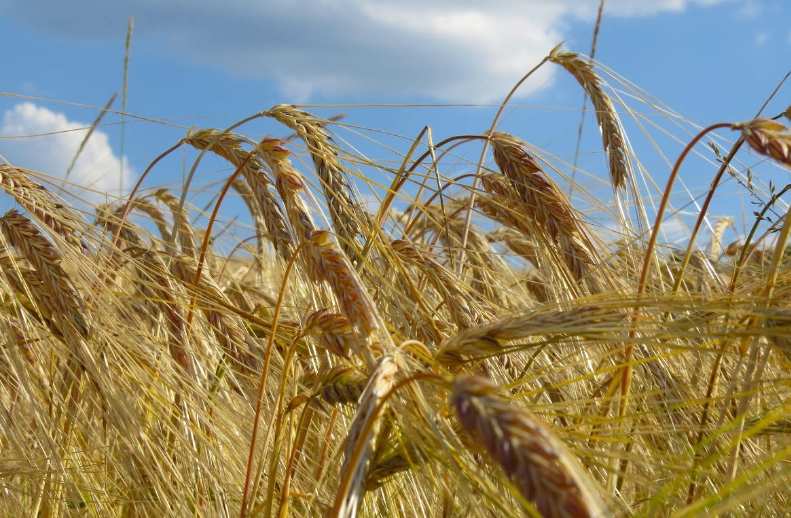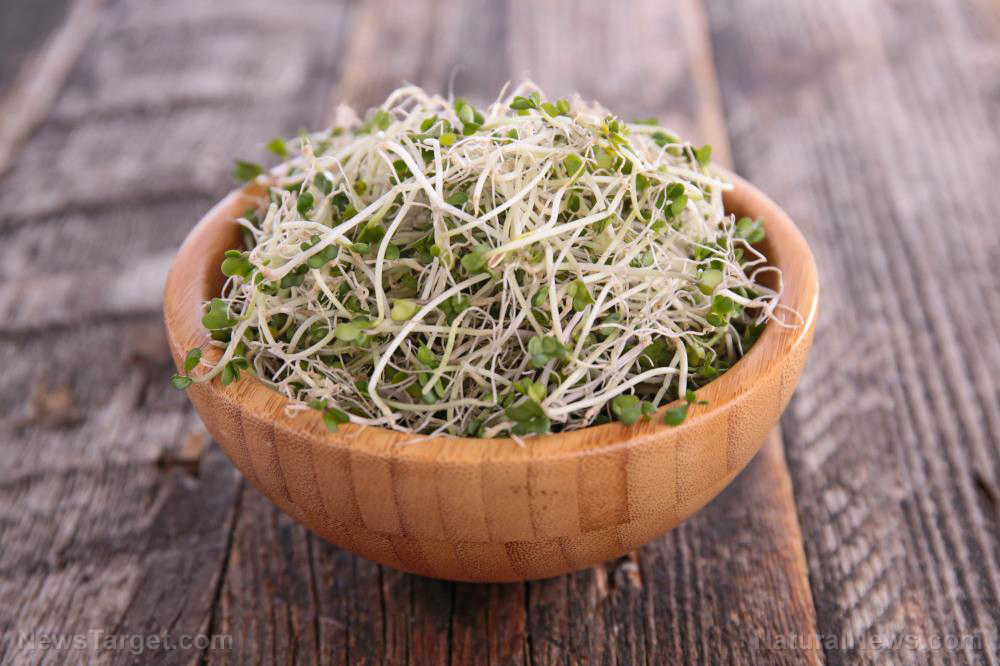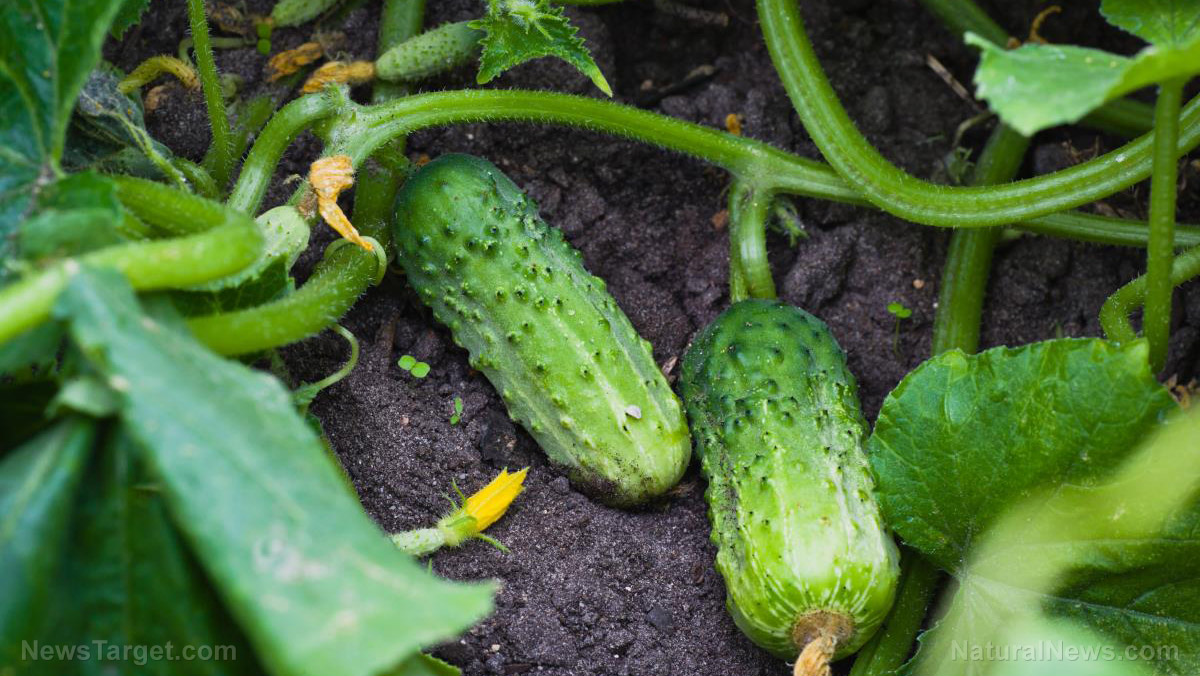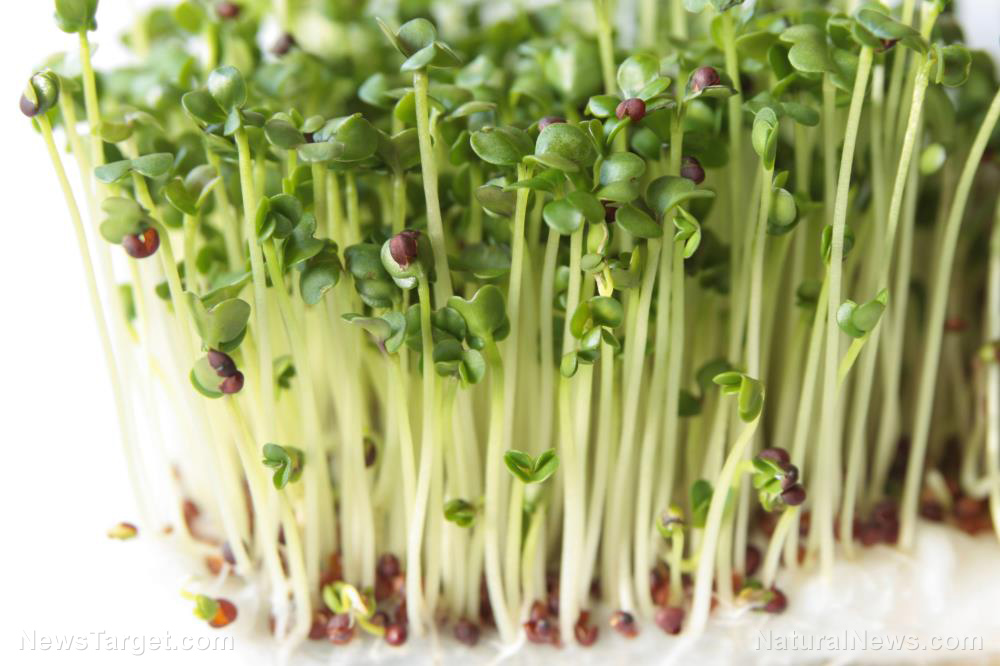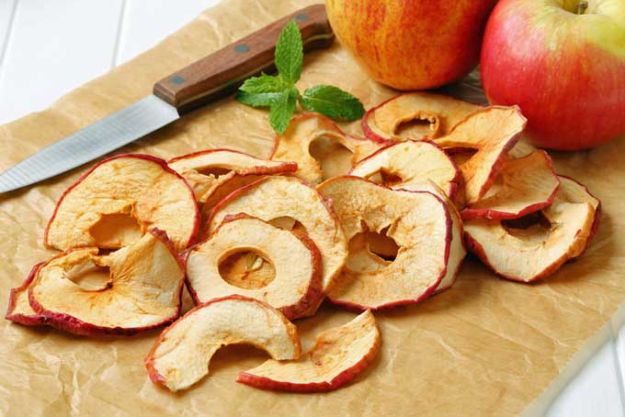
The benefits of food dehydration
When you dehydrate food, you reduce its moisture content to between five to 20 percent. This inhibits bacterial growth and extends the food's shelf-life, even without the use of natural preservatives like salt and vinegar.
Dehydrated foods also weigh less and take up little space. This means you can easily stockpile on a lot and not have to worry about cupboard or pantry space. Additionally, dehydrated foods are ideal for survival and emergency situations since they are as good as non-perishable foods. (Related: Dehydrated food makes great survival food: Tips for what to dehydrate that will keep long-term.)
Different ways to dehydrate food
There are several ways you can go about food dehydration. Here are some of the most common methods used by preppers and homesteaders alike:
- Oven drying – Ovens are commonly used to dry food fast. But try not to go beyond 140 F so you don't cook the food completely.
- Electric dehydrating – An electric food dehydrator is built to dry food efficiently. It comes equipped with fans and built-in tiered trays to maximize storage. Unlike ovens, most electric food dehydrators allow you to adjust the heat even while the appliance is in use.
- Solar dehydrating – A solar dehydrator is an inexpensive and energy-efficient alternative to electric food dehydrators. Often a do-it-yourself build, a solar dehydrator is ideal for off-the-grid households since it doesn't run on electricity.
- Air drying – The most natural way to dehydrate food is to hang it outside in the shade or under the heat of the sun. This method works best for herbs and delicate greens that might shrivel up in the oven or on a dehydrator.
Foods that dehydrate well
You can dehydrate almost any kind of food as long as it is fresh. Still, certain foods dehydrate better than others. Here are the best foods to dehydrate, from fruits to lean meat, along with the preparation methods for each one.
Fruits
To dehydrate fruits well, choose only high-quality fruits without scars or bruises. You should also avoid mushy, overripe fruits that might turn black in the process. Wash the fruit thoroughly if you plan to leave the skin on. If necessary, remove the core or the pit of the fruit, then slice it into thin, even pieces. Spread the pieces on a sheet pan for the oven or an electric food dehydrator and dry at 135 to 145 F.
Fruits like apples, bananas and peaches may take anywhere between six to 16 hours to dehydrate, while apricots, grapes, figs and pears can take anywhere between 20 to 36 hours. Check the tray every two to three hours to make sure you do not overcook the slices. Other fruits that dehydrate well include strawberries, kiwis, mangoes, melons, blueberries and tomatoes.
Vegetables
Vegetables dry faster than fruits, but they also spoil more easily. To preserve the freshness of the vegetable prior to dehydration, remove any tough pieces of skin or stem and cut off wilted leaves. Slice the vegetable into even pieces and blanch for two to five minutes to prevent flavor loss as it dries. Dehydrate the vegetable at 125 F. The process might take anywhere between four to 10 hours based on the size and thickness of the vegetable slices.
Vegetables that dehydrate well include potatoes, beans, peas, carrots pumpkin, beets, peppers, mushrooms, broccoli, kale, eggplant, onions, turnips and celery.
Meat and fish
Compared to fruits and vegetables, meat and fish are a bit trickier to dehydrate, but it's not impossible. However, it does require extra care and preparation. For instance, you should only use fresh, lean meat and low-fat fishes since fat can spoil quickly. Remove all the fatty bits as cleanly as possible and cut the meat into cubes. Dry at 145 F for six to 12 hours. If you want to make jerky, you'll need to cut the meat into thin, even strips. Marinate the strips in brine for six to 12 hours and dehydrate at 160 F.
Food dehydration is a valuable skill to learn for preppers and homesteaders alike. Give it a try so you can reduce food waste, save money or pack light.
Sources include:
Please contact us for more information.
















